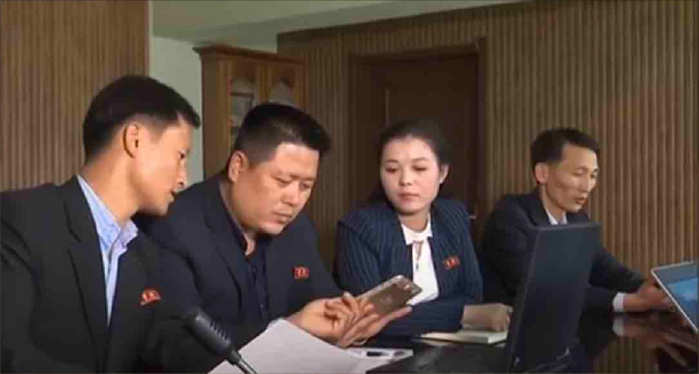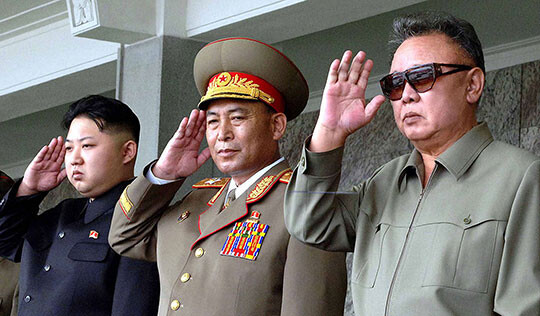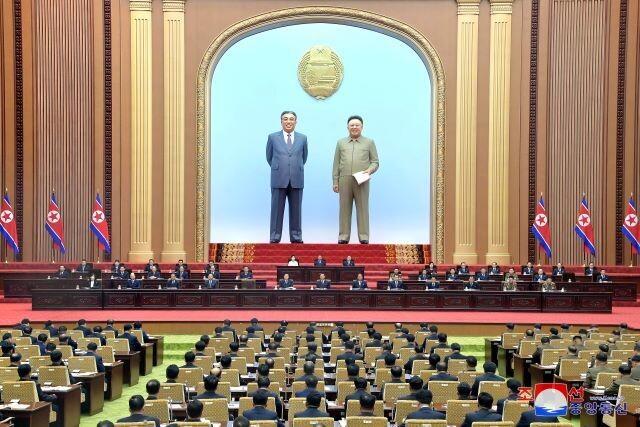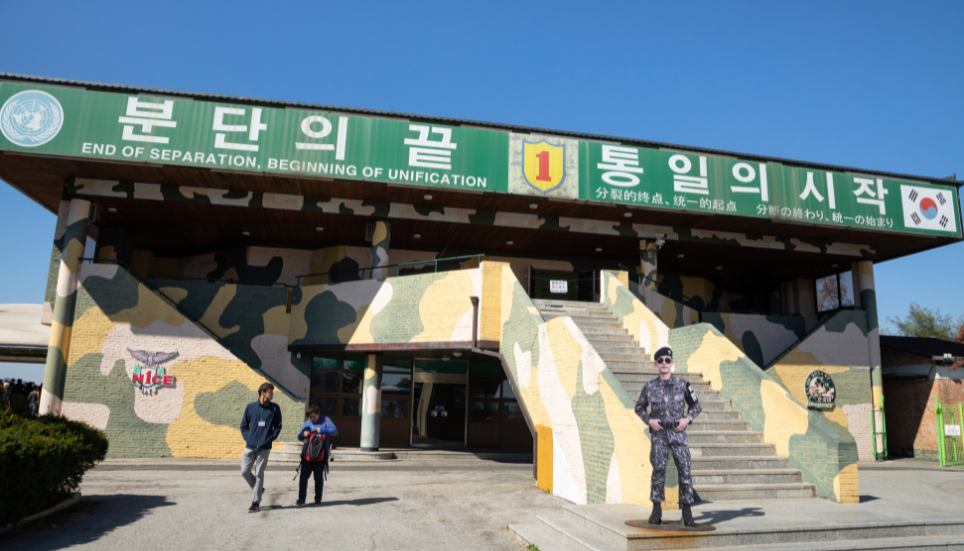The two Koreas, the U.S., and, to an extent, China are the key players in addressing the security dilemma in the Korean Peninsula. But other actors can and should play an important supporting role, helping to reduce tensions and nudge North Korea away from its nuclear program.
The EU is one of the third parties that can support the two Koreas as they struggle to achieve reconciliation. It can also help the U.S., South Korea, and the international community at large as they seek to reach a deal with Pyongyang that will cap and roll back its nuclear power. In particular, Brussels wants to be a more relevant player in Asian security affairs, as part of its ‘tilt’ towards Asia, its launch of an Asian security strategy in 2018, and its recently launched Indo-Pacific strategy. Furthermore, the EU has a strategic partnership with South Korea in 2010, which also covers security. Simply put, the North Korean conundrum is a key security issue that it cannot ignore.
Over the past two decades, the EU has been implementing a policy of ‘critical engagement’ towards North Korea. In theory, this policy mixes carrots and sticks. But in reality, the EU’s policy has clearly veered towards the ‘critical’ component in recent years. Brussels is implementing sanctions on North Korea in relation to its nuclear program, cyber-attacks, and human rights abuses. The EU has also refused to re-start its bilateral dialogue with North Korea, even at the height of inter-Korean and US-North Korea talks in 2018. In addition, economic aid to North Korea was on a clear downward trend even before the COVID-19 pandemic.
Simply put, the EU needs to take a more proactive approach and also focus on the ‘engagement’ component of its policy to become a more relevant and constructive security player in the Korean Peninsula. Its critical engagement policy has been in place for almost two decades, yet arguably the EU is a less relevant actor in the Korean Peninsula today than it was when the policy was launched. To a large extent, this is because Brussels has essentially abandoned any meaningful attempt at engagement with Pyongyang.
Let’s start with inter-Korean reconciliation. The EU itself was born as a project for countries that had fought against each other during World War II to reconcile with each other, most notably France and Germany. Over the decades, the EU and Europe have been home to different reconciliation processes. These include German reunification, the Helsinki Process, Northern Ireland, or the accession of Central and Eastern European countries to the EU itself.
Certainly, the geopolitics of Northeast Asia and Europe are very different. But the experience of the EU and Europe still holds valuable lessons for the Koreas. One of the key European lessons is the importance of patience. Reconciliation in Europe was not achieved in one day. Or even in one year. It took years – when not decades – of talks and engagement for Europeans in opposite camps to accept each other and decide that leaving past grievances aside was the best way forward. The above-mentioned examples of the EU, Germany, and Northern Ireland are cases in point.
Along with patience, multi-faceted engagement is another valuable European lesson. Having politicians talk to each other is crucial, for reconciliation and peace need brave leaders. But politicians come and go. In sharp contrast, civil society stays. Often for decades. It is therefore civil society that can maintain the momentum for reconciliation over the years. Reconciliation becomes more difficult without civil society groups helping each other, businesses strengthening economic links, and cultural groups exchanging visits.
The EU and European countries should share their experiences of reconciliation with the two Koreas on a more regular basis. This is a value-added that few others can bring to the table. And South and North Korea can learn from these experiences and adapt them to their own circumstances.
Let’s now follow with North Korea’s denuclearization. Even if it is unlikely that Pyongyang will ever willingly give up its weapons, it should be possible to reach a deal with the Kim regime in which it agrees to cap and roll back its nuclear program. In other words, an arms control deal. After all, every single U.S. president dating back to Bill Clinton has reached a deal with the Kim family including a commitment to denuclearization. The Biden administration has indicated that the Singapore joint statement of June 2018 remains valid.
The problem, then, is implementation of any denuclearization agreement that the U.S. and North Korea may sign. When it comes to implementation, the EU can play an important supporting role. To begin with, the EU and different European countries have technical expertise that can help in the dismantlement, transportation, and disposal of nuclear materials. Pyongyang may feel that European experts are less influenced by politics than those of other countries and should therefore participate in this process.
Also, North Korea will demand steep payments in exchange for taking steps towards denuclearization. As long as the EU has a say, it should welcome participation in the provision of an economic package that helps the North Korean economy. The EU does not want a ‘KEDO 2.0’, with Brussels paying while others – essentially the U.S. – take decisions. But the EU and European countries have shown their willingness to help countries that decide to move away from their more provocative behavior. A North Korea moving towards denuclearization would be such a case.
The EU and European countries can certainly also support Korean Peninsula security by hosting track-2 dialogues or pressing Pyongyang on its human rights record. But so can others. When it comes to experience in bringing about reconciliation and the details of denuclearization, however, the EU can play a unique role. This would be to the benefit of the two Koreas, the US, and Brussels itself.■
■ Ramon Pacheco PARDO is Professor of International Relations at King's College London and the KF-VUB Korea Chair at the Brussels School of Governance. He is also King's Regional Envoy for East and South East Asia. He is the author of North Korea-US Relations from Kim Jong Il to Kim Jong Un. Professor Pacheco Pardo holds a Ph.D. in International Relations from the London School of Economics and Political Science (LSE).
■ Typeset by Seung Yeon Lee Research Associate
For inquiries: 02 2277 1683 (ext. 205) | slee@eai.or.kr




